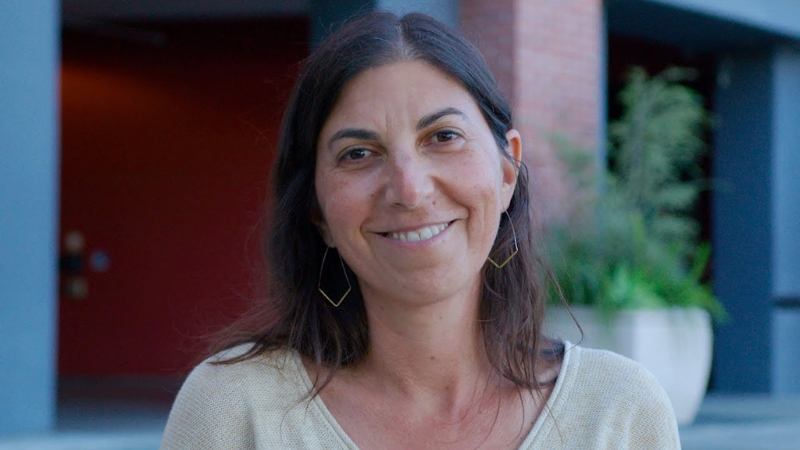 Around 600,000 people leave prison in the U.S. every year, and another 10 million re released from county jails. Many of them suffer from chronic physical, mental, and substance use conditions putting them at an extremely high risk of hospitalization and death.
Around 600,000 people leave prison in the U.S. every year, and another 10 million re released from county jails. Many of them suffer from chronic physical, mental, and substance use conditions putting them at an extremely high risk of hospitalization and death.
CA is the first state to take this historic step toward health equity but won't be the last, and it's an important opportunity to show the nation how to meaningfully engage directly impacted individuals in health care.
Shira Shavit, MD
Executive Director, Transitions Clinic Network
To address the crisis, for the first time ever the federal government is allowing Medicaid dollars to be used to treat some people in prisons, jails or juvenile detention centers. CMS announced in January that it will allow California inmates to access limited services, including substance use treatment and mental health diagnoses, 90 days before being released. California is the first state to receive this type of approval from the Centers for Medicare and Medicaid Services, but a dozen other states have waiver applications in the works.

This move is welcome news for Transitions Clinic Network (TCN), which provides care for people returning from incarceration and has grown 48 health systems nationwide, according its Executive Director Shira Shavit, MD, a Clinical Professor of Family and Community Medicine at UC San Francisco. Her team's efforts have resulted in 10,000 people with chronic conditions receiving coordinated care from all prisons statewide to community health systems, a historic first in California.
They are hopeful that the waiver will provide additional in-reach opportunities for formerly incarcerated community health workers to begin engaging patients sooner, closing gaps in care and saving lives.
"CA is the first state to take this historic step toward health equity but won't be the last, and it's an important opportunity to show the nation how to meaningfully engage directly impacted individuals in health care," wrote Dr. Shavit in a recent STAT News opinion.




